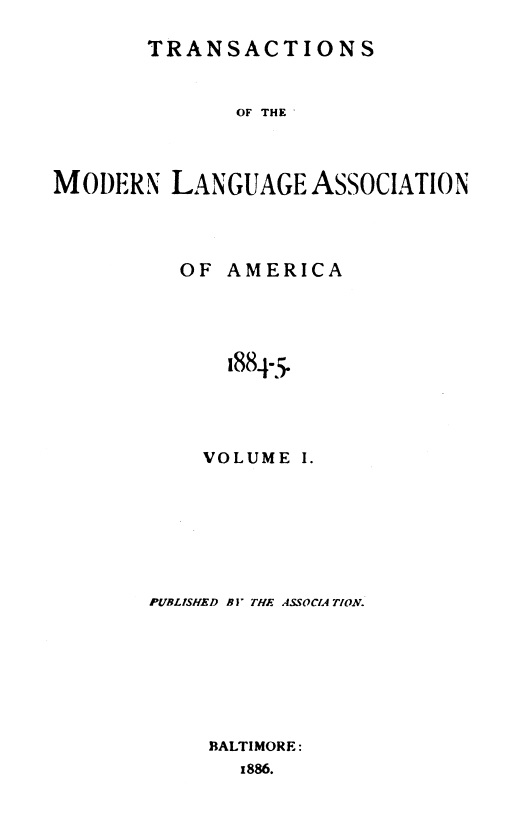Article contents
The French Language in Louisiana and the Negro-French Dialect
Published online by Cambridge University Press: 11 February 2021
Extract
It may be of some importance to the professors of French in the United States to know something about the history and form of that language as used in the Old French settlement of Louisiana. It is a well-known fact that the descendants of the French in the colonies have always retained the language of the mother country. In America, as, a general rule, the children of Germans, of Spaniards and Italians know very little of the speech of their fathers, while we see Americans of French origin retaining the language of their ancestors as a mother-tongue down to the fifth and sixth generations. The same thing can be observed in Canada and my friend, Prof A. M. Elliott, has shown with what tenacity the Canadians have clung to their original language, and how the French element, contrary to the general law of the philosophy of history, seems to be absorbing the English population to such an extent that the country tends to be “Frenchified,” and that a Jones or a Smith speaks French better than the language of his ancestor, the English conqueror, or of his father, the English settler.
- Type
- Research Article
- Information
- Transactions of the Modern Language Association of America , Volume 1: Transactions 1884-1885 , 1885 , pp. 96 - 111
- Copyright
- Copyright © Modern Language Association of America, 1885
- 5
- Cited by


